
Since 2020
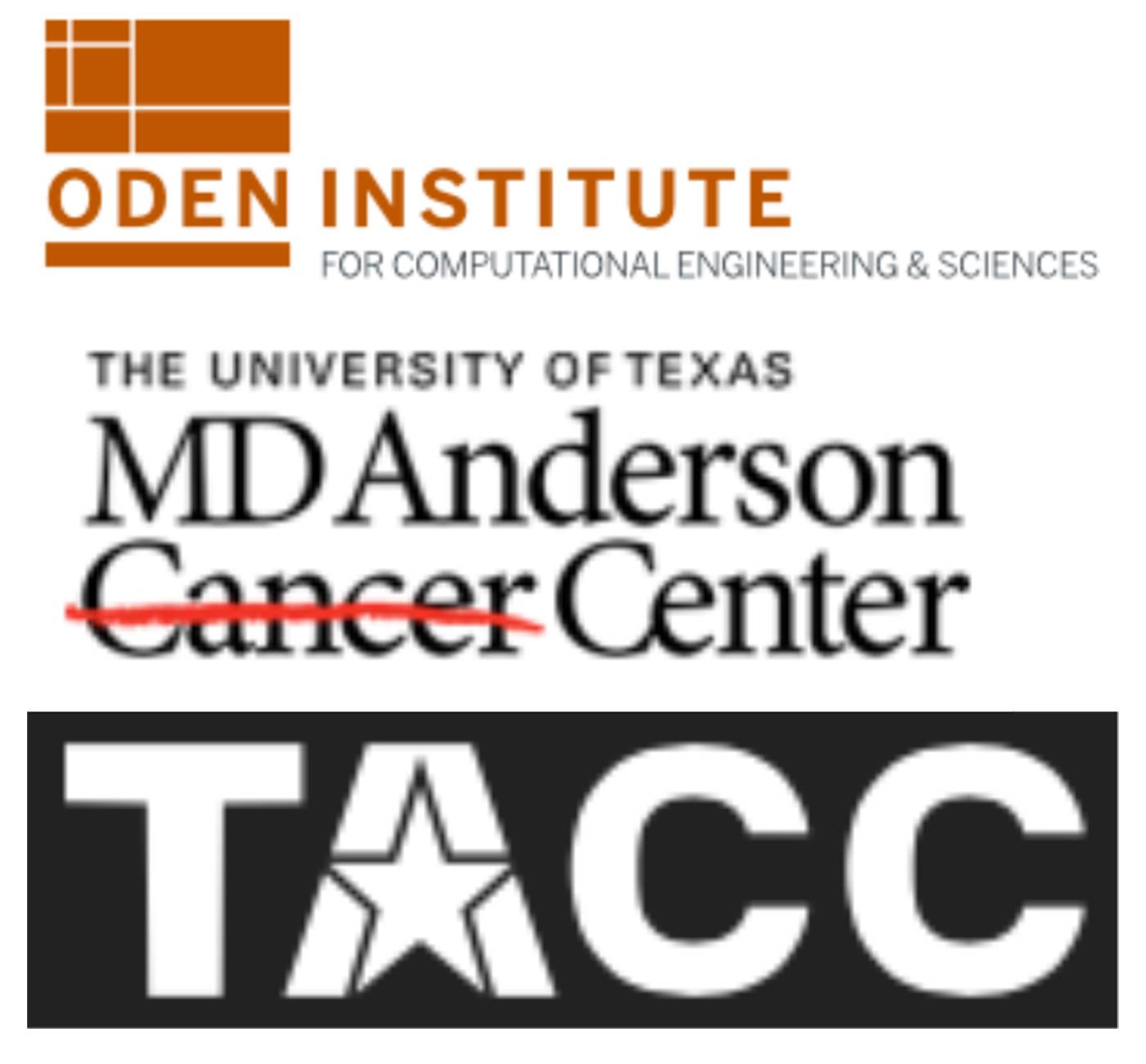
Since 2020
The University of Texas MD Anderson Cancer Research Center, the Oden Institute, and the Texas Advanced Computing Center (TACC) are collaborating in oncological data and computational science research. Bringing together MD Anderson’s oncology expertise and data with novel mechanism-based computational modeling techniques led by researchers at the Oden Institute and TACC, this partnership supports not just cancer research but also the training and development of teams that will lead the computational oncology research into the future.
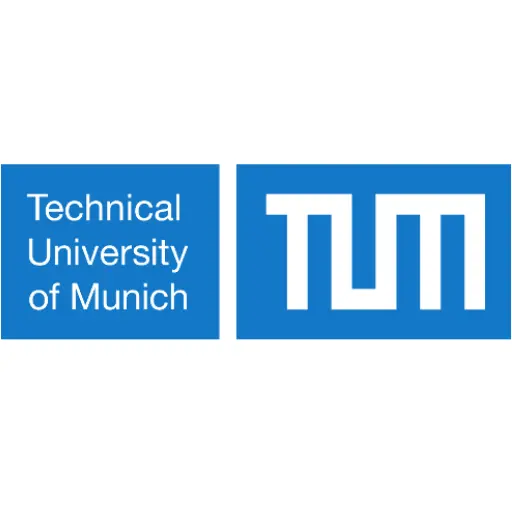
Since 2016
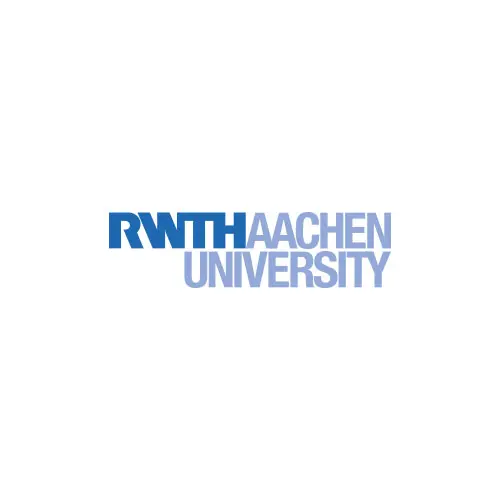
Since 2015

Since 2013

Since 2012
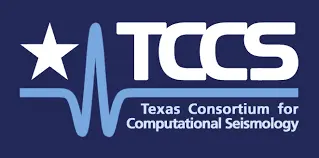
Since 2011
The Texas Consortium for Computational Seismology is a joint initiative of the Bureau of Economic Geology and the Center for Numerical Analysis at the Oden Institute for Computational Engineering and Sciences at The University of Texas at Austin. Its mission is to address the most important and challenging research problems in computational geophysics as experienced by the energy industry while educating the next generation of research geophysicists and computational scientists.
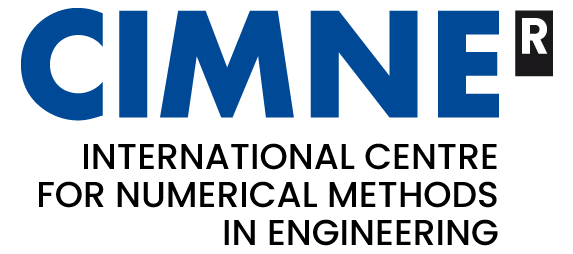
Since 2009
The collaboration with the Centre International for Numerical Methods in Engineering (CIMNE) in Barcelona, Spain, centers on research cooperation to contribute to the advancement of scientific research and technological development in the field of computational engineering and sciences. Principal areas of research include the development of mathematical models, numerical methods and software for the solution of problems in engineering and sciences. This is done by the exchange of personnel and information through cooperative research programs and scientific meetings.
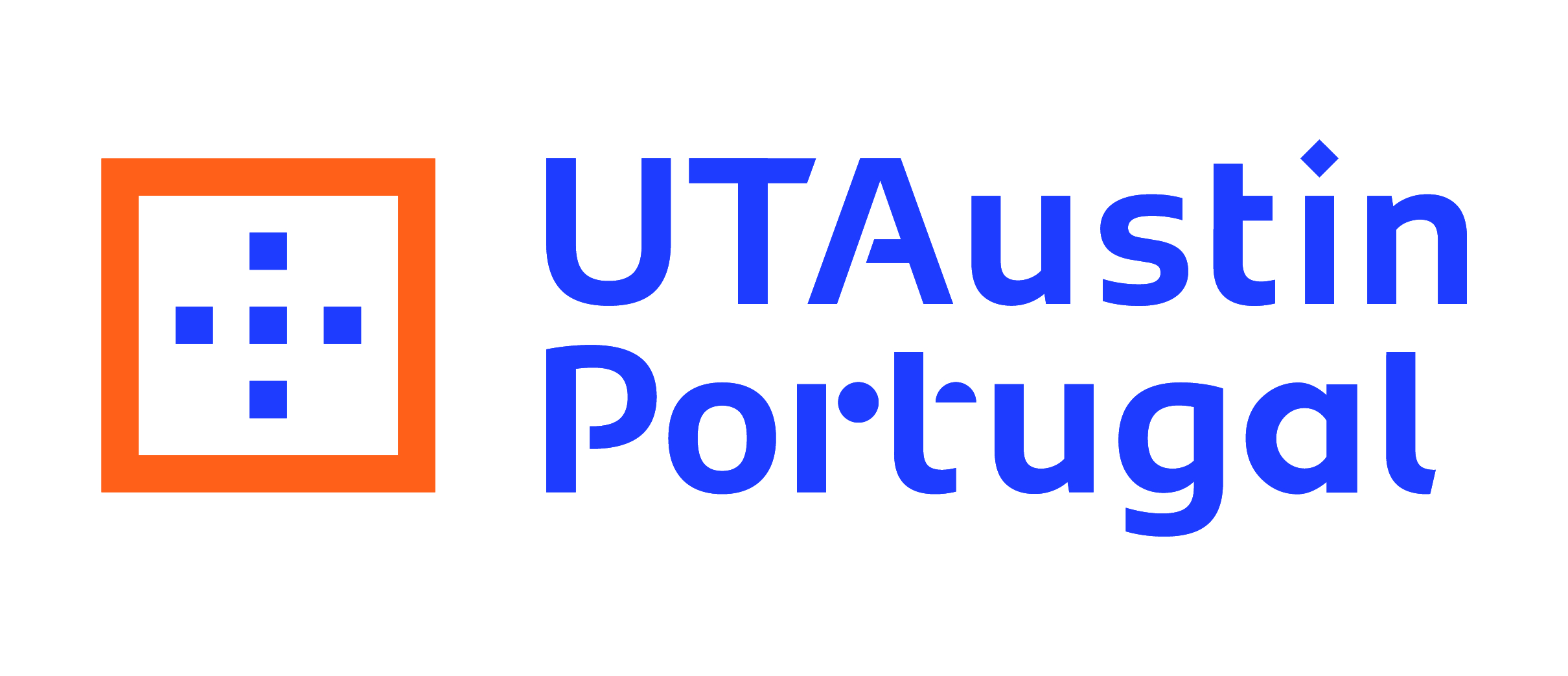
Since 2007
A University-wide collaboration with the government of Portugal emphasizes education and research in digital media, advanced computing, mathematics, and commercialization of science and technology. The collaboration was established to help accelerate the development of Portugal’s economy in emerging areas of technology and add to UT Austin’s knowledge base in creating economic growth from new, developing areas of research. It operates through a joint virtual institution called the International Collaboratory for Emerging Technologies (CoLab). CoLab@UTAustin involves professors, researchers and students from the colleges of Engineering and Communication, the departments of Electrical and Computer Engineering, Mathematics, Computer Sciences, Radio-Television-Film, the School of Journalism and research centers and institutes, including the Oden Institute for Computational Engineering and Sciences, Texas Advanced Computing Center, IC2 Institute and the Austin Technology Incubator.

Since 2002

Since 2001

Since 1995